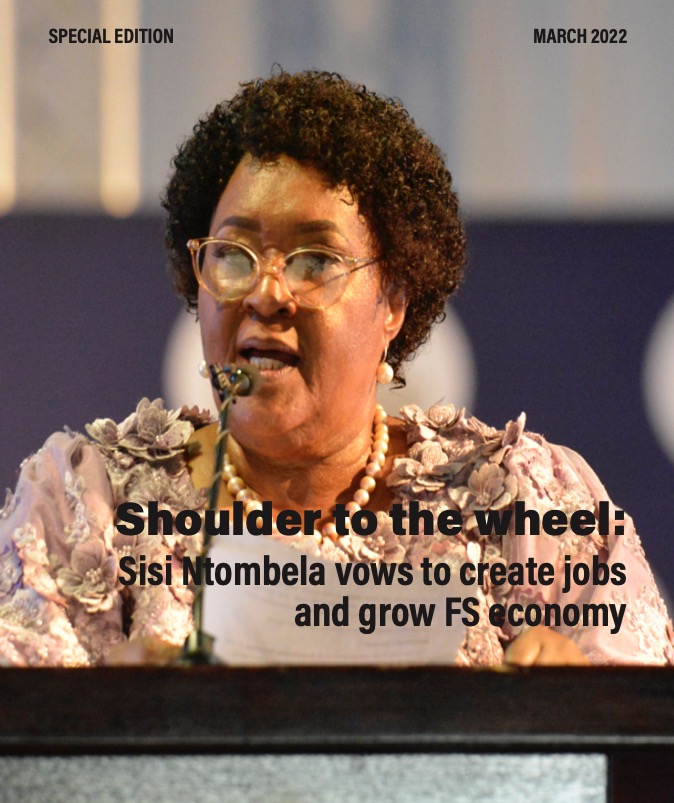FOLLOWING the outbreak of COVID-19 in South Africa in early March 2020, and cases peaking during the week of 5-11 July 2020 (over 13,000 cases daily), the daily caseload plunged to less than 1,000 cases per day, with a 7% positivity rate.
In the past few weeks a major surge in cases have been reported in the Eastern Cape Province, and more recently in the Western Cape Province. More than 2,000 cases per day are being reported with a significant increase in the number of persons testing positive.
Numerous countries, whose initial public health interventions contained COVID-19, are now in the midst of a ‘second wave’ of COVID-19 infections. With the holiday season rapidly approaching and many making plans for travel as well as social gatherings, South Africans need to be especially aware of the need to comply with non-pharmaceutical measures to minimise transmission of the virus.
A ‘second wave’ is defined as a new wave lasting one or more days, commencing after the ‘end of the first wave’. It furthermore refers to an occurrence, after the previous peak, where the caseload returns to at least 30% of the previous peak’s caseload.
Reduced adherence to non-pharmaceutical interventions, waning immunity, and seasonality of transmission could increase the risk of a second wave or a substantial post-wave increase. Other contributing factors were the reopening of schools, relaxing of restrictions to stimulate economic growth, and the commencement of domestic and international travel in light of the approaching festive season.
While it is evident that there is some level of protective immunity conferred by SARS-CoV-2 infection, the extent and duration of protective immunity – particularly for asymptomatic cases and those with mild symptoms – is uncertain.
Compliance with non-pharmaceutical interventions remains vital in reducing transmission and preventing significant resurges. It’s uncertain when the vaccine will be available in South Africa.
The Eastern Cape Province, specifically the Garden Route, and parts of the Western Cape Province have experienced concerning resurgences in the past two to three weeks. Hospital services are currently extremely busy and patient access to intensive care is therefore limited.
It is difficult to determine why the Eastern Cape Province has experienced such an early resurgence, but non-compliance with non-pharmaceutical interventions is a key factor.
Super-spreader events, where large groups of individuals gather without observing physical distancing or wearing of masks, are obvious contributing factors.
And unless the situation is contained and rapidly brought under control, our hospital services will not be able to cope with the influx of COVID-19 patients, let alone any other emergencies.
It is absolutely critical for the public to comply with the non-pharmaceutical interventions and that they adopt simple behavioural change as prescribed by the National Department of Health. This includes the proper wearing masks when in contact with other individuals (masks should cover both the nose and mouth), and maintaining a physical distance of at least 1.5 m.
If possible, activities should take place outdoors or in well-ventilated areas/rooms with open windows and doors, as proper ventilation plays an important role in reducing transmission. Large crowds congregating in confined spaces with poor ventilation, a common occurrence in social gatherings amongst the youth, leads to super-spreader events with a lot of potential transmissions.
It is understandable that many individuals are tired of wearing masks and some are oblivious to its importance, especially in the context of asymptomatic infections and the spread to those most vulnerable. COVID-19 pneumonia can be life-threatening and there is no specific treatment.
All members of society can prevent and minimise transmission by adhering to the regulations. Those who have tested positive or have been exposed to positive cases, have to comply with self-isolation and quarantine protocols as efficiently as they can.
Written by Prof Lucille Blumberg and Prof John Frean.



